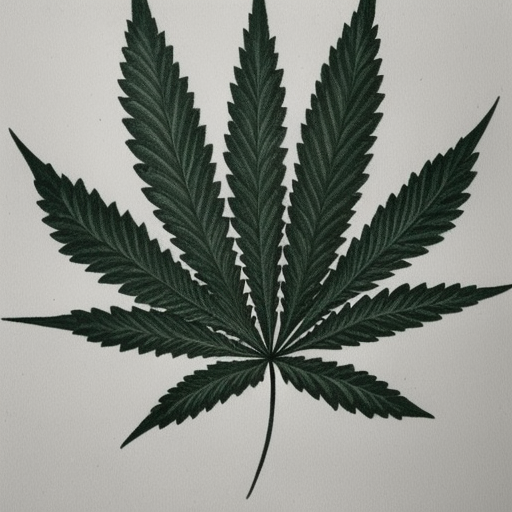
Delta-8-THC is a lesser-known cannabinoid found in the cannabis plant, distinct from the well-known cannabinoids tetrahydrocannabinol (THC) and cannabidiol (CBD). While THC is known for its psychoactive effects and CBD has become popular in wellness and beauty products, Delta-8-THC is gaining attention due to a legal loophole that allows its processing and sale by various vendors in the US.
Delta-8-THC shares a similar chemical structure with Delta-9-THC, the main psychoactive compound in cannabis. Anecdotal reports suggest that Delta-8-THC elicits a more mellow high than Delta-9-THC, making it suitable for those who experience anxiety or paranoia while using the latter. Additionally, studies have documented Delta-8-THC’s antiemetic, anxiolytic, appetite-stimulating, analgesic, and neuroprotective properties.
However, there is controversy regarding the legality of Delta-8-THC. The 2018 Farm Bill legalized hemp-derived cannabinoids if produced in compliance with state and federal regulations. Some argue that Delta-8-THC derived from legal hemp material falls under this category. However, the US Drug Enforcement Administration’s Interim Final Rule on hemp production suggests that all synthetically derived tetrahydrocannabinols remain schedule I controlled substances.
While the DEA has declined to comment on the legality of Delta-8-THC until finalizing its interim final rule on hemp, there are concerns about consumer safety and regulation of production practices. Many believe that synthesizing CBD into Delta-8-THC is not a natural process and could result in compounds that are not naturally occurring or safe for consumers.
In conclusion, while Delta-8-THC presents therapeutic benefits and a “cannabis-lite” high, its legality remains ambiguous pending further regulation and research. The finalization of the DEA’s interim final rule on hemp will determine whether Delta-8-THC is the first federally legal tetrahydrocannabinol or if its current spotlight will end.

